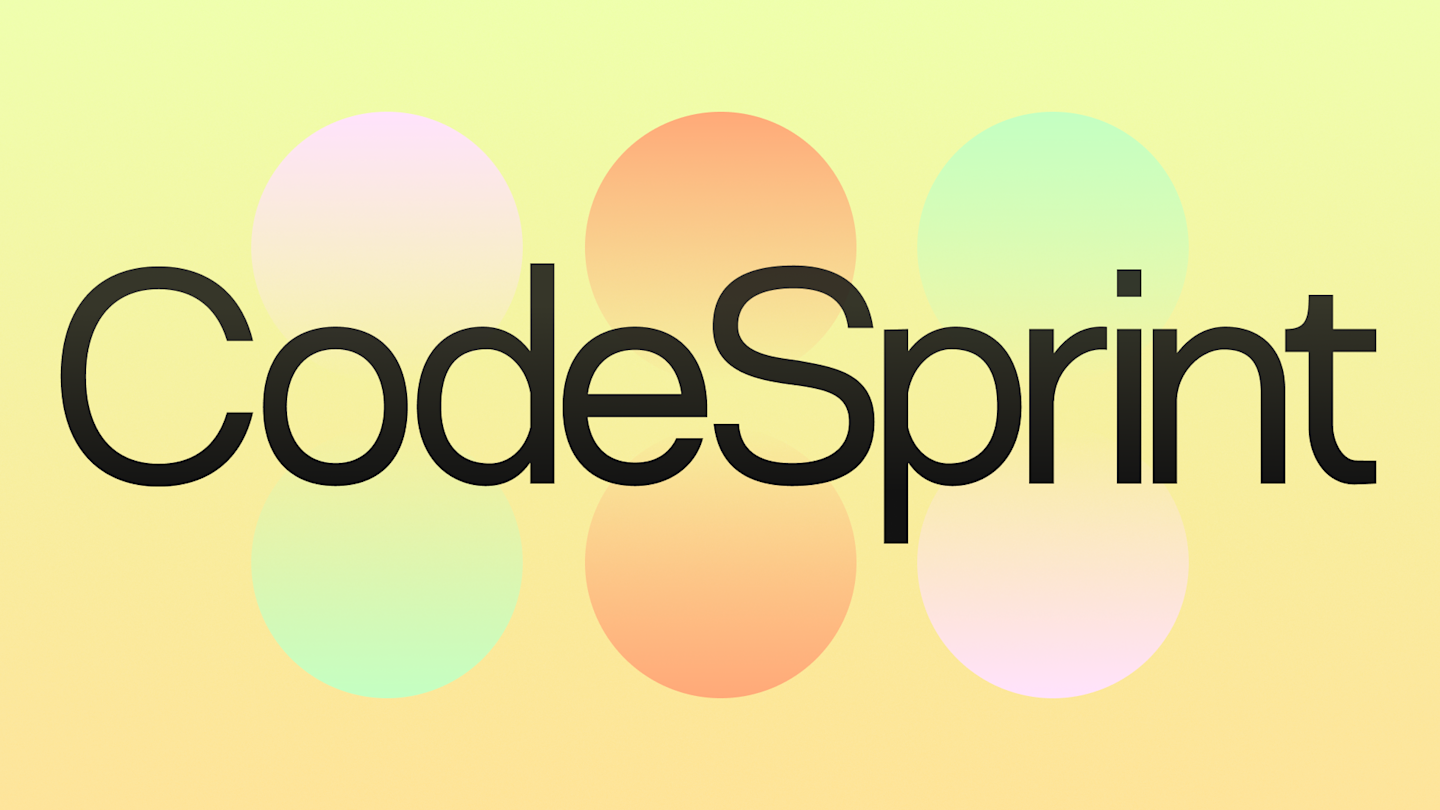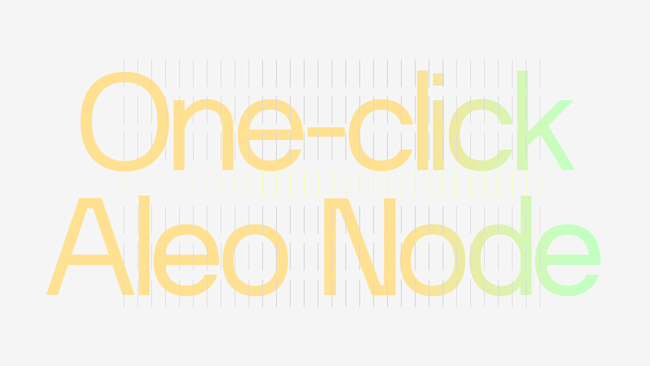CodeSprint Spotlight: Building private escrow on Aleo

Escrow services are essential for facilitating transactions between parties who don't know each other. However, traditional escrow comes with a significant privacy cost. Every detail of your transaction, from payment amounts to personal identities, gets exposed to the escrow service itself. For one of our recent CodeSprint hackathon finalists, this gap in conventional escrow systems, combined with the too-public nature of most blockchains, led them straight to Aleo's privacy-first network.
Mike Venema created zkEscrow, a zero-knowledge escrow app that provides a powerful solution for secure transactions between parties who don't fully trust each other, while maintaining complete privacy over transaction details. Unlike traditional escrow services that require a trusted third party to view and verify transaction information, zero-knowledge escrow uses cryptographic proofs to ensure all conditions are met without exposing sensitive data like payment amounts, identities, or contract terms to anyone, including the escrow service itself.
This approach is particularly valuable for real estate transactions, freelance contract payments, domain name transfers, or any situation where parties need mathematical certainty that funds will only be released when predetermined conditions are satisfied, all while keeping their financial and personal information completely confidential.
We sat down with Mike to learn more about zkEscrow, his path to becoming an Aleo builder, and how he tackled the technical challenges of creating a trustless escrow system that keeps transactions completely private.
Tell us a bit about yourself. What led you to build on Aleo?
My professional background is in IT and CyberSecurity. I’ve always taken privacy seriously and to be quite honest, I do not like how public most blockchains are. Being able to see all of a user's transactions defeats the purpose. When I learned about Aleo and its underlying tech I was immediately hooked. Honestly I just want to help Aleo grow and that’s why I decided to start building on Aleo.
Walk us through your app - briefly, how does it work and what challenges does it address?
Here’s how it works:
Wrap Credits – The caller pays amount public credits; the contract mints a private WALEO record for them.
Deposit – The front end automatically picks that record and locks it to an escrowId + recipient.
Release – The sender releases the escrow, creating a new WALEO record for the recipient.
Unwrap Credits – The recipient’s wallet auto‑finds that record and converts it back to public credits.
What was the biggest technical challenge you overcame while building?
The biggest challenge with ZKescrow was trying to find a reliable way to transfer native aleo tokens. I ended up using a wrap mechanism that achieved what I was trying to accomplish. My current setup is a hard coded wallet address that holds funds which I want to change eventually.
Want to compete in a future edition of CodeSprint? Keep an eye on our X and Discord for the announcement!
Responses are published with permission from the interviewee.


